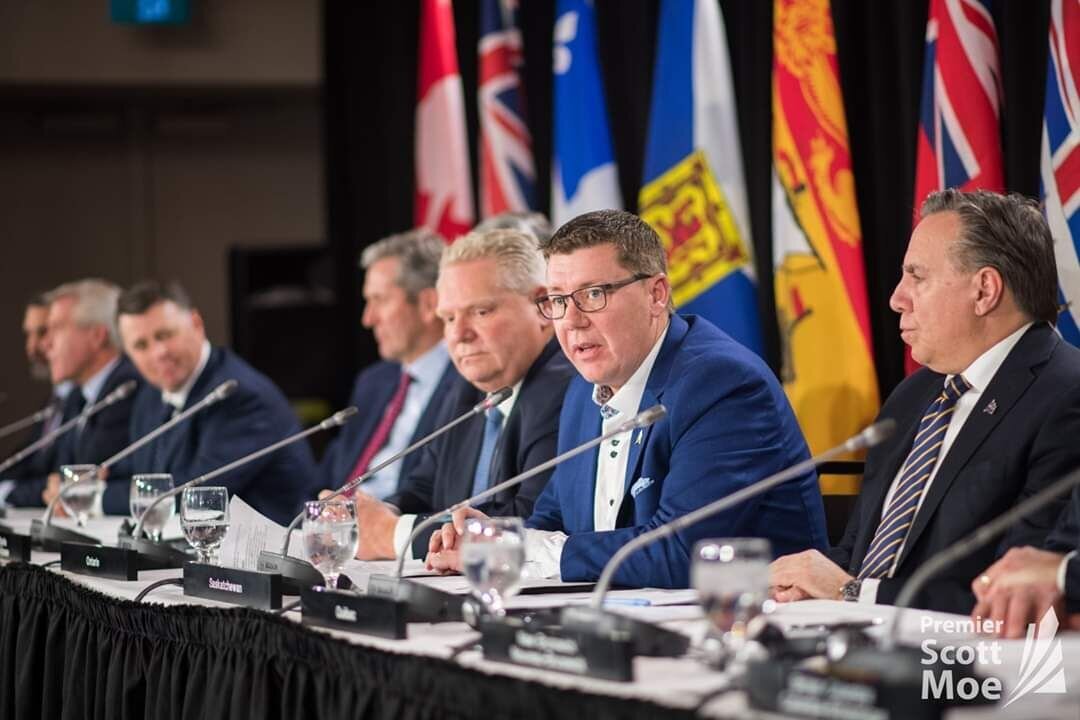Written By Wyatt Claypool, Posted on January 21, 2020

The Saskatchewan government has come out against the federal Liberal government’s new firearms regulations, including the list of banned weapons continuously referred to by the Minister of Public Safety, Bill Blair, that also allows municipalities to outright ban handguns.
Bill Blair claimed in the House of Commons today that police chiefs are calling for a gun ban. So weird, because in August the Canadian Association of Chiefs of Police said gun bans don’t work. https://t.co/e4IRSql4BY pic.twitter.com/BXUKhID2TF
— Andrew Lawton (@AndrewLawton) December 9, 2019
Saskatchewan’s Justice Minister, Don Morgan, stated that the provincial government was “not taking anything off the table,” when it comes to opposing the federal government’s strict gun control policies.
Saskatchewan will be joining both Alberta and Ontario in opposing the wide-reaching gun bans and extra barriers to ownership. All three provinces will be fighting an uphill battle as the Canadian federal government holds sole jurisdiction over firearms ownership across all Canadian provinces and territories.
Justice Minister Morgan put forward that “We’re going to try and adopt a positive approach with them. We’ll put forward the ideas, and we’ll want to meet with them at federal-provincial-territorial meetings, which are coming up this month. I intend to raise those issues there,” as an indirect political pressure against the passage of new gun control.
Saskatchewan Premier Scott Moe himself said he was against any firearms being banned in his province, but all objections from Moe or the premiers of Alberta and Ontario have seemed to have little effect on the policy pursued by Bill Blair.
A major area of criticism has been the Liberal government’s disproportionate funding of gun confiscations from law-abiding citizens in comparison to combating the source of violent crime committed with guns, which is gang-violence done with illegal firearms.
Hey there You have done a fantastic job I will certainly digg it and personally recommend to my friends Im…